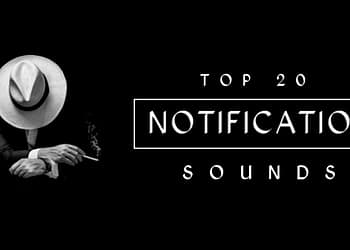Disco music emerged in the 1970s as a vibrant and electrifying genre that swept across dance floors worldwide, leaving an indelible mark on popular culture. Its origins can be traced back to underground clubs in New York City, where DJs began mixing funk, soul, and Latin rhythms with pulsating beats and lush orchestrations. One of the defining features of disco music is its infectious groove, characterized by a steady four-on-the-floor beat and syncopated basslines, which encouraged listeners to let loose and dance the night away.
The disco era was not just about the music; it was a cultural phenomenon that embraced inclusivity, diversity, and self-expression. Discotheques became havens where people from all walks of life could come together and celebrate their individuality on the dance floor. The disco movement also played a significant role in empowering marginalized communities, particularly women, people of color, and members of the LGBTQ+ community, providing a platform for them to assert their identities and find acceptance in mainstream society.

In addition to its cultural impact, disco music also revolutionized the way music was produced and consumed. Innovations in recording technology, such as the introduction of 12-inch vinyl singles and remixing techniques, allowed DJs and producers to extend and manipulate tracks, creating epic dance anthems that could stretch for minutes on end. Iconic disco labels like Salsoul Records, Casablanca Records, and TK Records emerged during this time, releasing timeless hits that continue to captivate audiences to this day.
While disco reached the height of its popularity in the late 1970s, its influence can still be felt in contemporary music genres, from house and electronic dance music to pop and hip-hop. Many artists continue to sample disco tracks, remix classics, and pay homage to its infectious grooves, ensuring that its legacy lives on for future generations to enjoy. Despite facing backlash and criticism during its heyday, disco music remains a testament to the power of music to unite people and transcend boundaries, reminding us that, above all else, it’s all about having fun and letting the music move you.
Ringtone Link:
While disco reached the height of its popularity in the late 1970s, its influence can still be felt in contemporary music genres, from house and electronic dance music to pop and hip-hop. Many artists continue to sample disco tracks, remix classics, and pay homage to its infectious grooves, ensuring that its legacy lives on for future generations to enjoy. Despite facing backlash and criticism during its heyday, disco music remains a testament to the power of music to unite people and transcend boundaries, reminding us that, above all else, it’s all about having fun and letting the music move you.
Image Link:
Template Link:
Video Link:
App Link:
In conclusion, disco music represents more than just a genre; it embodies a cultural movement that reshaped the musical landscape and influenced generations of artists and listeners alike. Its infectious rhythms, inclusive ethos, and revolutionary spirit continue to inspire and resonate with audiences around the world, cementing its status as one of the most enduring and beloved genres in music history. Whether you’re grooving to the funky basslines of Chic, the soaring vocals of Donna Summer, or the pulsating beats of the Bee Gees, disco music remains an irresistible invitation to dance, celebrate, and embrace the joy of life.






Please verify this phone and please give that ringtone